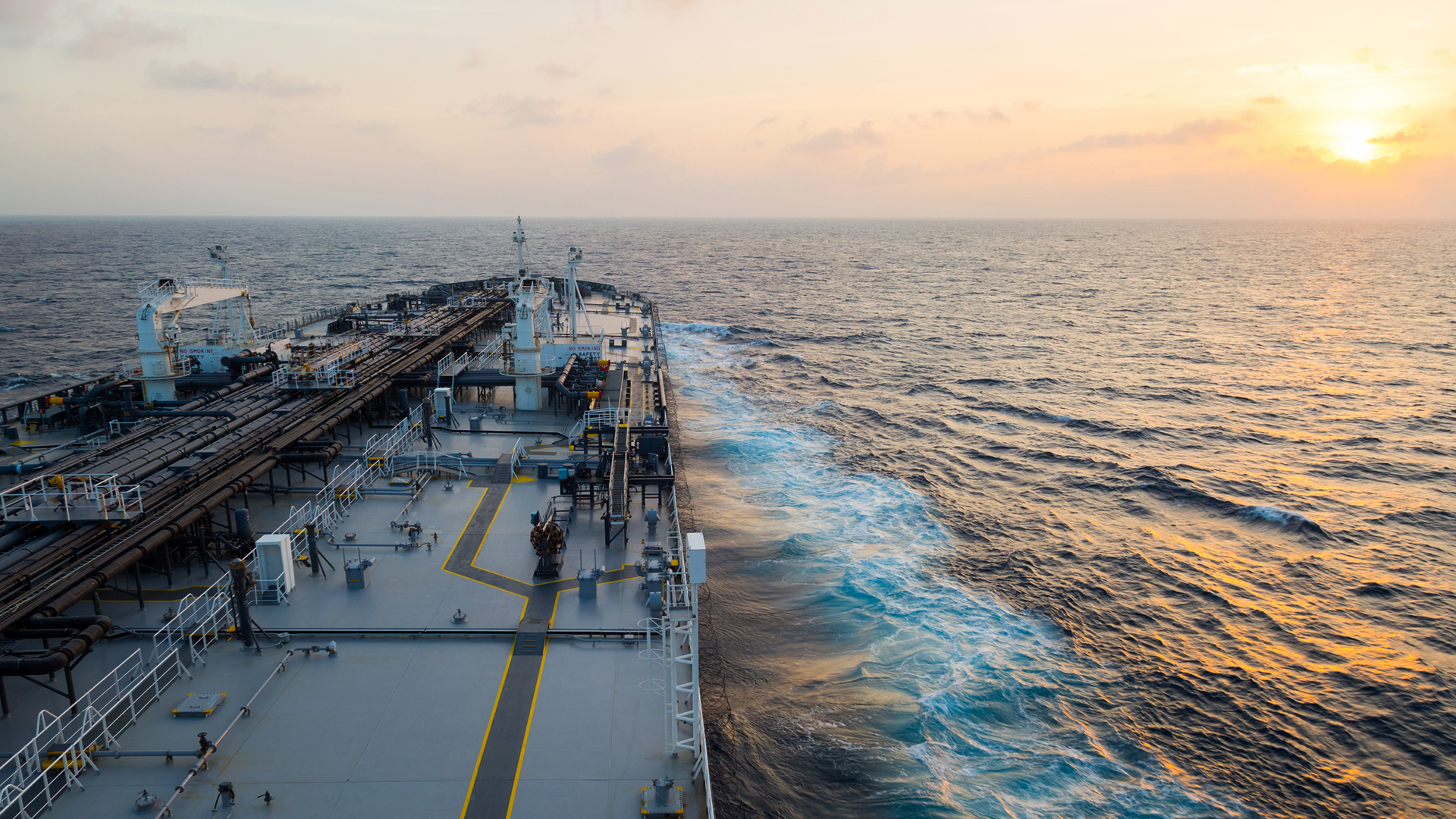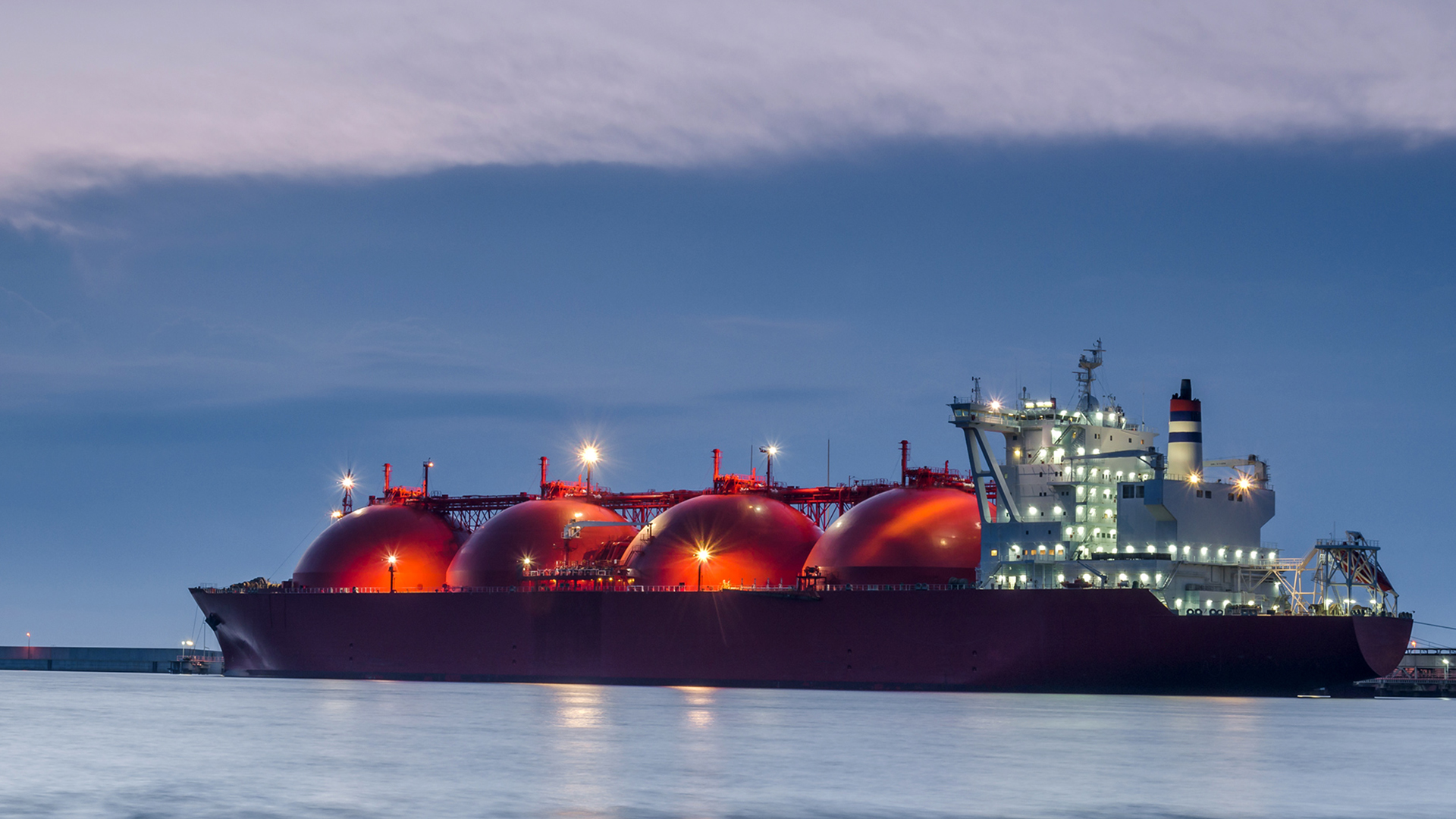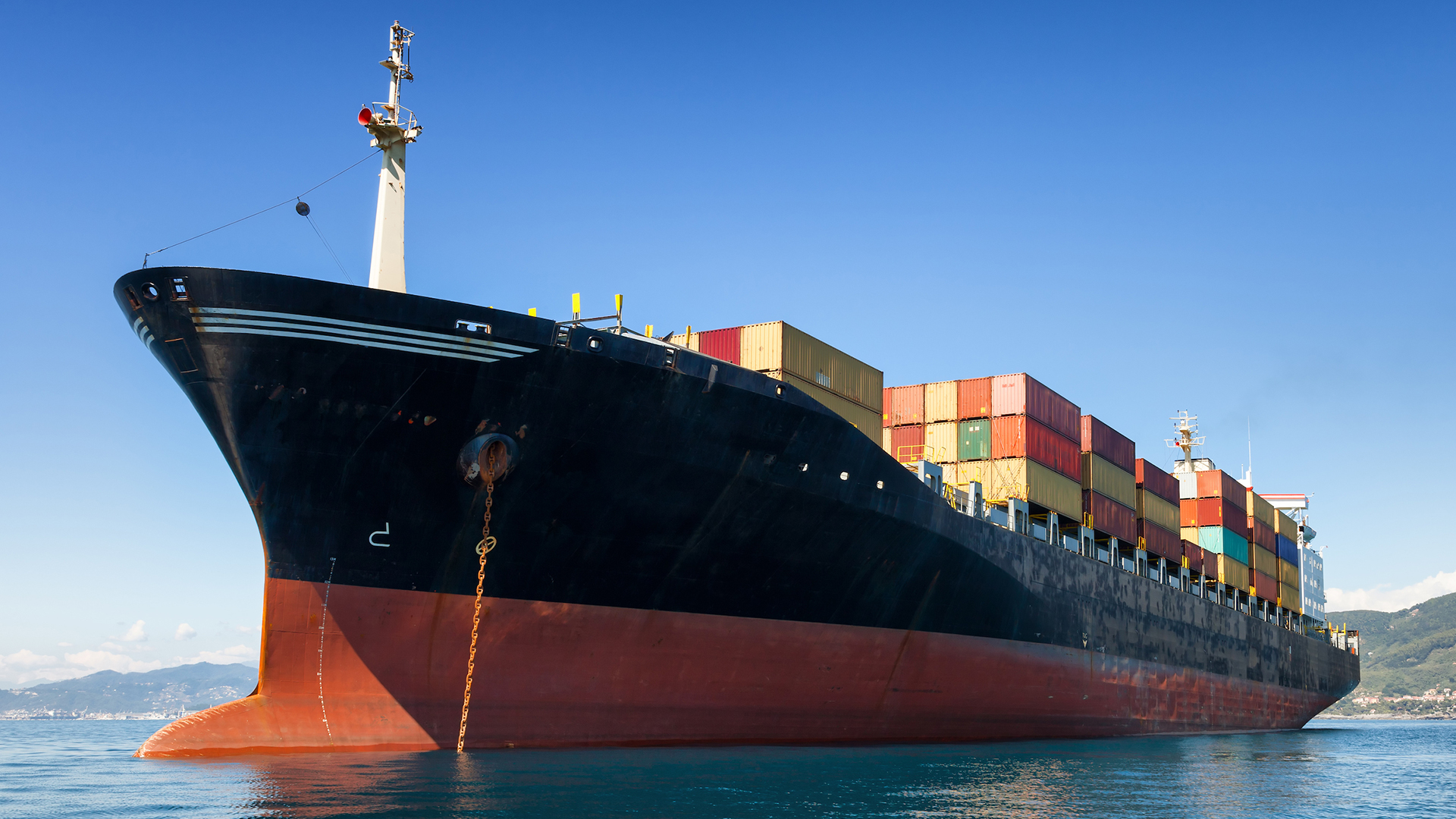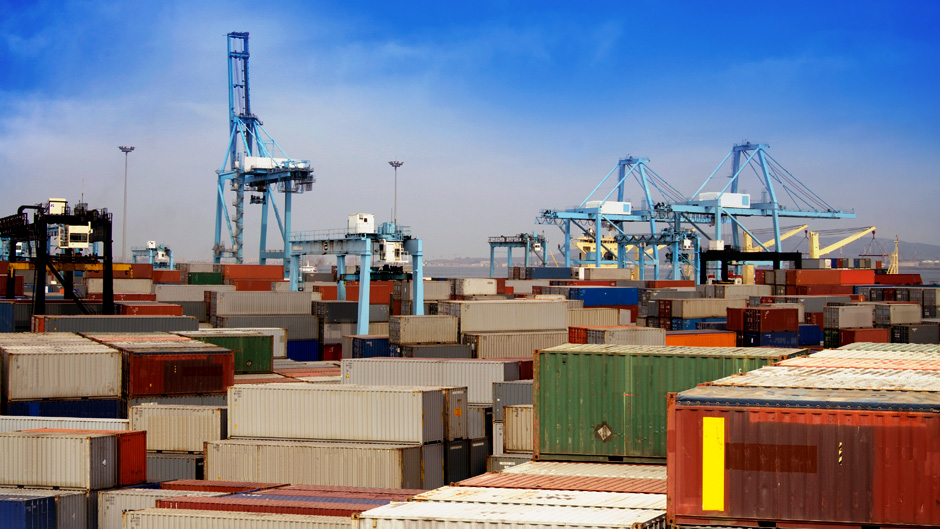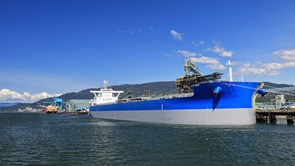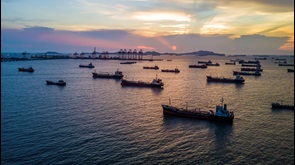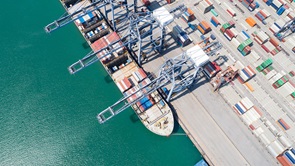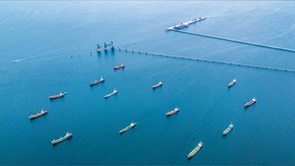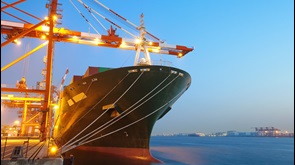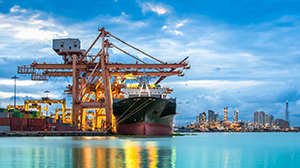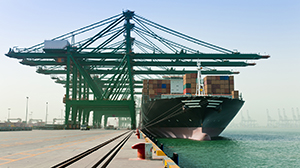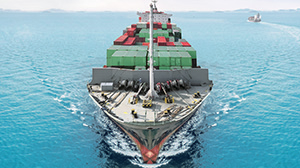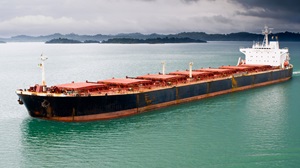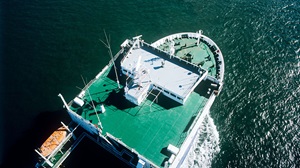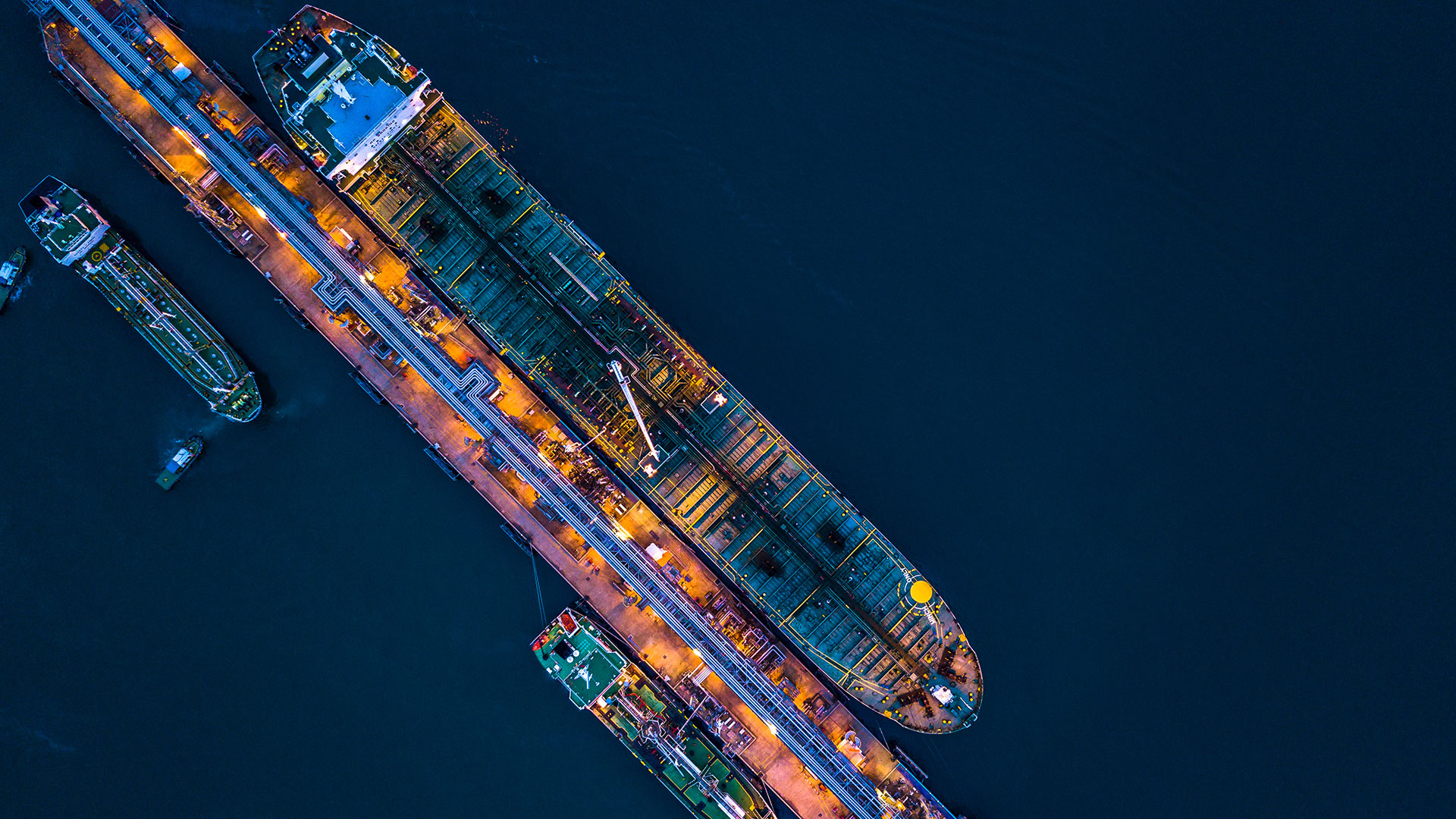
Shipping law insights archive
Legal and market updates from our maritime lawyers around the world
Global | Publication | September 2019
2020
List of pages
2019
List of pages

Defective vessel passage plans: When failing to plan is planning to fail
In an important judgment1 for cargo owners and their marine insurers, the English courts have considered how a defective passage plan can result in a vessel being considered unseaworthy and when this may allow cargo interests to defend a shipowner’s claims for general average contributions.
2018
List of pages
Financing scrubbers potential solutions
Shipowners are increasingly exploring how they can finance the retrofitting of scrubbers on their ships in preparation for the 0.5 per cent cap on sulphur content in shipping fuel coming into force on January 1, 2020. We look at some of the potential financing solutions and their related issues.
Put to the test
On October 12, 2018, the Commercial Court determined that defendant underwriters were liable to pay an insurance claim under a marine cargo insurance policy, as doing so was not prohibited under EU or US sanctions against Iran. It was not prohibited, provided that payment was made prior to the re-imposition of US sanctions upon the payment of insurance claims, on November 5, 2018.
Trends in cyber-attacks in the shipping industry
We have been advising clients on a broad range of sophisticated cyber incidents recently, including in the shipping industry and a lot of our clients are asking us, firstly how the shipping industry is gearing up to face the cyber risk and also what are the forthcoming legal and regulatory changes around cyber that will affect the industry.
Subrogation claims: fighting in the middle
As a result of the ever increasing volumes of goods and commodities traded and transported around the globe, it is not uncommon that insurers find themselves dealing with subrogated claims impacted by more than one legal system. South Africa and China are a good example of this.
2017
List of pages
Singapore – the new jurisdiction of choice for cross-border restructuring?
Recent changes to Singapore’s restructuring and insolvency law framework mean that the international insolvency landscape has shifted dramatically, opening up further options and possibilities for Singapore-incorporated and foreign debtors seeking to restructure their indebtedness. in particular, the changes to the Singapore Companies Act (Cap. 50) (the Companies Act) (which, in part, incorporate into Singapore law certain features of Chapter 11 of the United States Bankruptcy Code), which came into force on 23 May 2017, have enhanced Singapore’s restructuring and insolvency law framework and improve significantly its potential to become a restructuring hub.
UK Bribery Act 2010 – where are we now?
When considering the risks of corrupt activity taking place on a ship, it is important for shipowners, managers and charterers to understand the very great pressure that can be put on the ship’s master to pay small sums to allow the day to day business of the ship to continue unimpeded.
Star Polaris – consequential loss in shipbuilding disputes
An English High Court ruling has examined the meaning of consequential loss in relation to a shipbuilding dispute that will likely have important implications for the interpretation of limitation of liability clauses in a variety of contracts subject to English law.
Current status over the recognition of registered ship mortgages in Brazil
In a briefing published in March 2016, we considered the impact of a judgment handed down by an Appeals Court in Brazil on those involved in secured lending transactions for offshore oil and gas assets and ships which are present, even on an occasional basis, in Brazil’s maritime economic zone.
Salvage in China – apportioning the cost of salvage between shipowners and cargo interests
The recent decision of the Chinese Supreme People’s (SCP) Court in MV Archangelos Gabriel1 has brought the issue on who is liable to salvors for salvage fees in a pre-fixed tariff rates salvage contract to the fore.
2016
List of pages
Can public price announcements be an invitation to collude? The EU’s liner shipping investigation
On July 7, 2016, the European Commission (the Commission) closed its long-running investigation into potential anticompetitive practices in the container liner shipping sector after the companies under investigation offered to enter into binding commitments with the Commission regarding their future conduct.
The fallout from Res Cogitans and expected changes to bunker supply contracts
The recent English Supreme Court judgment in the Res Cogitans case, in effect a test case arising from the financial collapse and insolvency of OW Bunker & Trading A/S and its associated companies (OWB), has set the tone for dozens of pending claims on the international scene, with decisions largely coming down in favour of OWB receiving payment from the buyer.
Rotterdam rules - Ratification status in the US and effectiveness of choosing to apply them voluntarily
The Rotterdam Rules, or the United Nations Convention on Contracts for the International Carriage of Goods Wholly or Partly by Sea, is the latest international convention intended to harmonize rules governing international contracts for transportation of goods by sea.
New container weight rules – how should carriers and shippers prepare?
Safety at sea depends upon a myriad of factors, including the safe loading of cargo. In order to ensure that the loading of cargo does not put a ship at unnecessary risk, the International Maritime Organisation (IMO) has adopted obligatory amendments to the Safety Of Life At Sea Convention’s (SOLAS) Guidelines on the Verified Gross Mass of a Container Carrying Cargo (the Guidelines).
Stay up to date with the latest maritime updates

